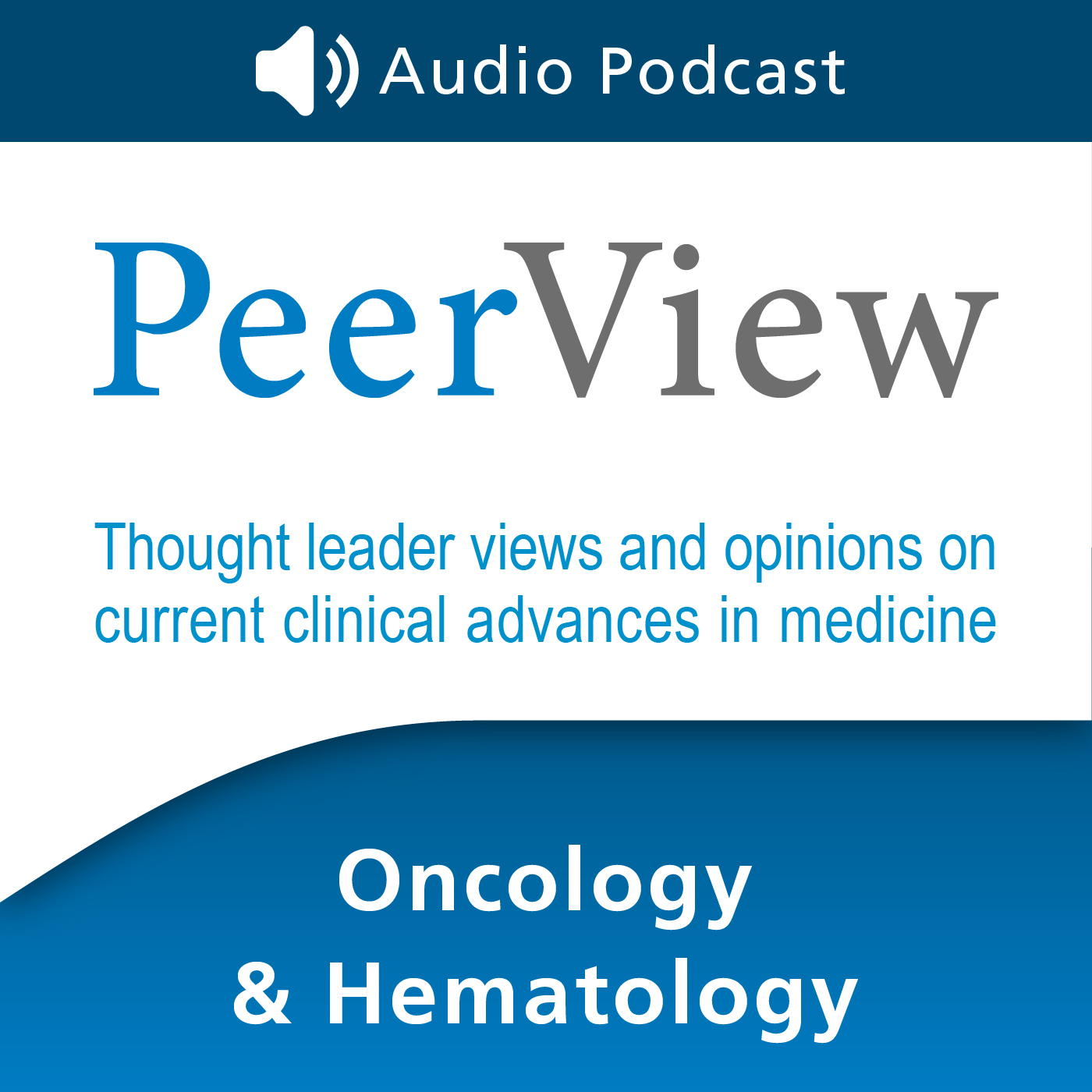- After-Shows
- Alternative
- Animals
- Animation
- Arts
- Astronomy
- Automotive
- Aviation
- Baseball
- Basketball
- Beauty
- Books
- Buddhism
- Business
- Careers
- Chemistry
- Christianity
- Climate
- Comedy
- Commentary
- Courses
- Crafts
- Cricket
- Cryptocurrency
- Culture
- Daily
- Design
- Documentary
- Drama
- Earth
- Education
- Entertainment
- Entrepreneurship
- Family
- Fantasy
- Fashion
- Fiction
- Film
- Fitness
- Food
- Football
- Games
- Garden
- Golf
- Government
- Health
- Hinduism
- History
- Hobbies
- Hockey
- Home
- How-To
- Improv
- Interviews
- Investing
- Islam
- Journals
- Judaism
- Kids
- Language
- Learning
- Leisure
- Life
- Management
- Manga
- Marketing
- Mathematics
- Medicine
- Mental
- Music
- Natural
- Nature
- News
- Non-Profit
- Nutrition
- Parenting
- Performing
- Personal
- Pets
- Philosophy
- Physics
- Places
- Politics
- Relationships
- Religion
- Reviews
- Role-Playing
- Rugby
- Running
- Science
- Self-Improvement
- Sexuality
- Soccer
- Social
- Society
- Spirituality
- Sports
- Stand-Up
- Stories
- Swimming
- TV
- Tabletop
- Technology
- Tennis
- Travel
- True Crime
- Episode-Games
- Visual
- Volleyball
- Weather
- Wilderness
- Wrestling
- Other
Mark J. Levis, MD, PhD - Finding the Key to Better Outcomes in FLT3-Mutated AML: Guidance on New Evidence With Next-Gen FLT3 Inhibitors
Go online to PeerView.com/DDE860 to view the activity, download slides and practice aids, and complete the post-test to earn credit. Advances in the management of acute myeloid leukemia (AML) subtypes have been driven by a modern understanding of their biology and heterogeneity, including the recognition of disease-defining FLT3 mutations. FLT3 inhibitors are a potent therapeutic option for the targeted management of this AML subtype, and rapidly emerging evidence on newer FLT3 agents is reshaping treatment protocols for upfront therapy and for post-transplant maintenance. Are you prepared to challenge and change conventional care for FLT3-mutated AML? Find out by accessing this activity, where a leading AML expert assesses new evidence presented at recent scientific congresses that supports the integration of newer FLT3 inhibitors into practice while reviewing standards for mutation testing, as well as safety similarities and differences among available FLT3 agents. Upon completion of this activity, participants should be better able to: Summarize current guidelines and updated evidence on FLT3 mutation testing in acute myeloid leukemia (AML) and the use of next-gen FLT3 inhibitor options in newly diagnosed and relapsed/refractory AML; Implement modern treatment plans that utilize FLT3 inhibitors as standard therapy for FLT3-mutated AML patients, including in combination with intensive chemotherapy for HCT candidates or as part of novel combinatorial regimens; and Address the unique suite of adverse events associated with the use of FLT3 inhibitors in AML.

